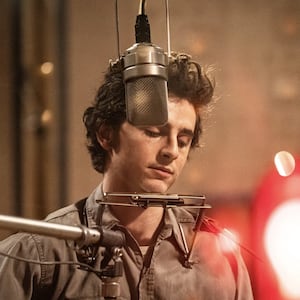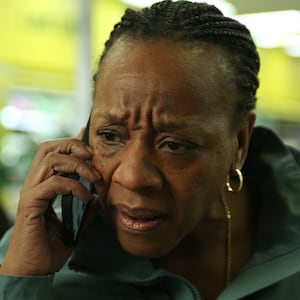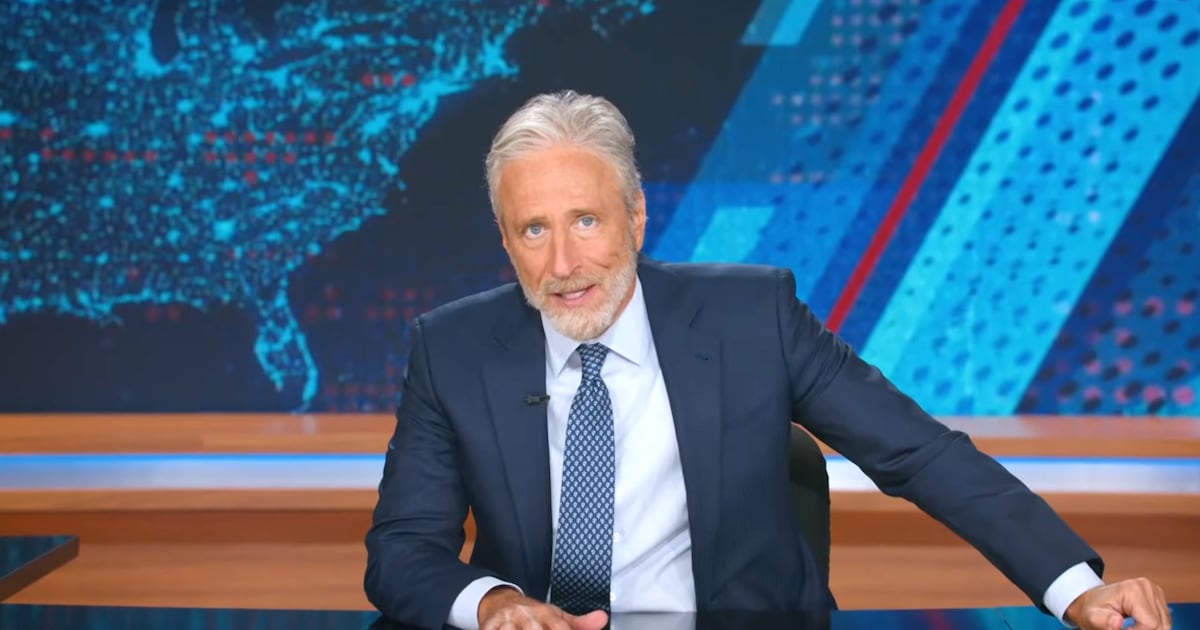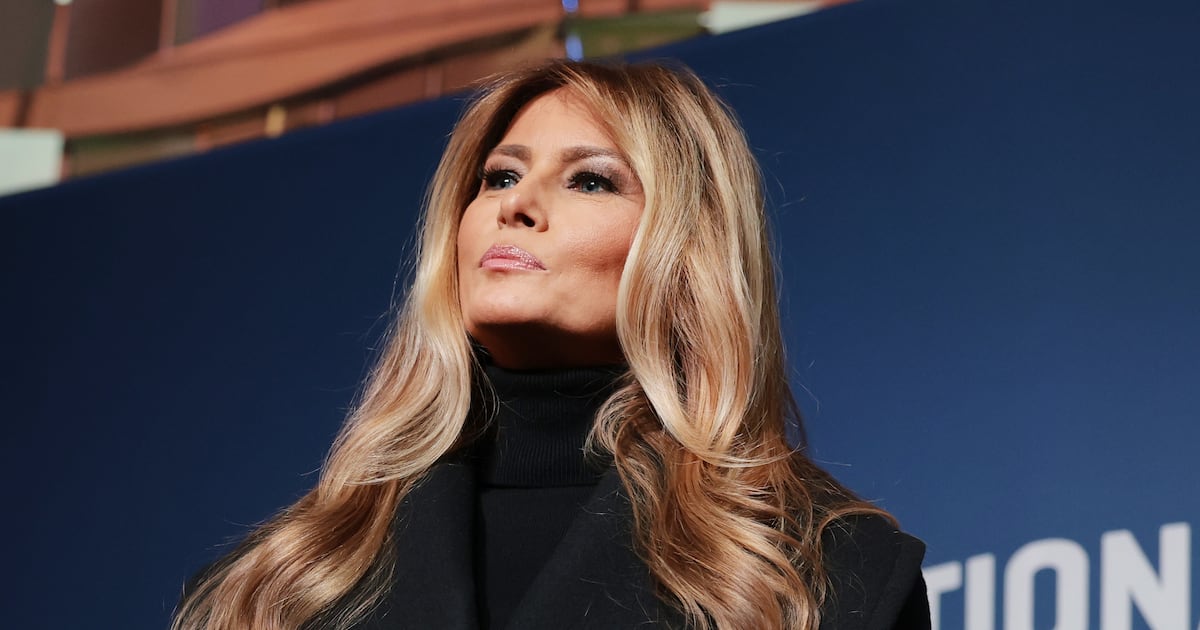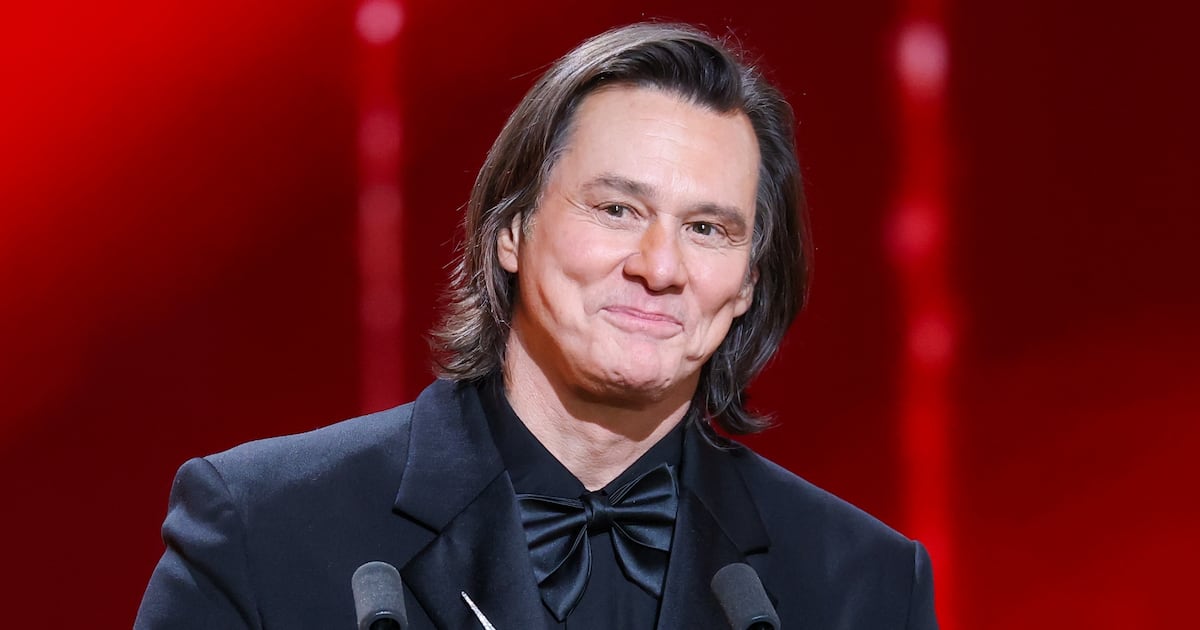Despite its record-breaking box-office success (it’s presently the all-time highest-grossing animated film), Inside Out 2 was, creatively speaking, underwhelming enough to suggest that perhaps the Pixar franchise’s premise couldn’t sustain multiple chapters.
It’s a surprise, then, to discover that Dream Productions—a four-episode spin-off that’s set between the two feature films—is a bright, sprightly companion piece about the role that dreams play in processing fears, clarifying desires, and channeling aspirations into action. Running, in total, approximately the same length as its predecessors, it’s a clever and compassionate look at another corner of its protagonist’s mind—as well as a playful critique of the filmmaking process.
Dream Productions, which premieres Dec. 11 on Disney+, boasts Inside Out’s primary headquarters crew—Joy (Amy Poehler), Anger (Lewis Black), Sadness (Phyllis Smith), Fear (Tony Hale), and Disgust (Liza Lapira)—but largely takes place at the sprawling studio where Riley’s dreams are made, in real-time, by a collection of artists.
Assuming a faux-documentary form à la The Office, its focus is Paula Persimmon (Paula Pell), a dream director whose claim to fame is helming “Farewell, My Passy,” a dream that convinced toddler Riley to give up her pacifier. Starring Riley’s beloved Rainbow Unicorn and boasting tons of glitter, it was a name-maker for Paula, launching a celebrated professional run. Nine years after that triumph, however, Paula is out of touch with what 12-year-old Riley (Kensington Tallman) is all about, not that she realizes it; instead, Paula is convinced that her old tried-and-true formula will once again beget magic.

This is of concern to Paula’s loyal long-time assistant Janelle (Ally Maki), whose ambition is to become a director herself and who, like everyone at the studio, is blue, has black arms and hands, and is roundly shaped. Paula dubs herself Riley’s “fun” director in comparison to the colleagues who focus on sports, action, comedy, and nightmares, and when she hears that Riley is debating whether to attend a school dance, she begins creating a stellar dream headlined by reliable standby Rainbow Unicorn. Unfortunately, that’s a terrible mistake, as Riley’s toy has just led to peer humiliation, and when Paula’s dream goes from knockout to disaster, it lands her in hot water with studio chief Jean (Maya Rudolph).
Paula is demoted for this calamity and Janelle is added to the organization’s directorial roster. More frustrating for Paula, she’s paired with Xeni (Richard Ayoade), a pretentious daydream director who wears sweaters, has hair that flops to the side, and has daring ideas about updating Riley’s slumbering visions.
Predictably, the two of them clash, with Paula stuck in her ways and Xeni ready to revolutionize the form—a mission that involves avant-garde ideas and handheld camerawork. Their conflict affords Dream Productions the opportunity to poke good-humored fun at the modern cinematic landscape and its growing indie-mainstream divide. Such spoofery fuels the series’ bite-size installments, whose animation is of a piece with its Inside Out siblings, full of vibrant colors, zippy commotion, and goofy throwaway gags, like a crooner in an animal costume who’s referred to as “Justin Beaver.”
Just as Riley is growing up, so too must the movies produced by the dream studio mature. Dream Productions doesn’t go far enough with its cinematic-evolution angle, but since the series is primarily for the younger crowd, it’s difficult to fault it for drawing a line at obscure and/or inside-baseball references.

Still, creator/writer Mike Jones (whose previous Pixar credits include Soul and Luca) throws in a few recurring jokes that would be comfortable in Robert Altman’s The Player, such as Paula measuring her success by the number of sandwiches named after her at the studio commissary. Even film critics get a gentle jab courtesy of creatively negative reviews of Paula’s latest endeavor (“Rainbow Unicorn is embarrassing in this ill-conceived sludge-bucket of a dream”) that grace the pages of Sleepy (i.e., Variety) and The Rileywood Reporter (i.e., The Hollywood Reporter).
As if Paula’s position weren’t already precarious, Janelle’s first dream is a sensation, making her the Next Big Thing, and the key to her achievement is that it inspires positive real-world behavior by Riley—thus underscoring how the oft-heard advice “sleep on it” is more than just wishful thinking. With her career on the line, Paula strives to prove her doubters wrong while putting up with Xeni, and Dream Productions barrels forward with the snap-crackle-pop that defines its big-screen brethren.
So swiftly does it address numerous facets of its conceit, from the ins and outs of the dream operation to Paula’s history and relationships, that the show seems to beg for multiple viewings. At least for its target audience, that shouldn’t be an arduous ask, especially given that Paula makes for a charming heroine, equal parts visionary, troublemaker, and lovable grandmother.
Dream Productions is chockablock with inventive flourishes, be it Xeni taking Paula to an arty underground nightclub where the bartender is a looseleaf-paper drawing of teenage Riley (Lauren Holt)—who’s the ideal to which the girl aspires—or their great idea to cast a heartthrob in their comeback-vehicle dream. Kids will probably need their parents to explain why said imaginary hunk is dubbed Canadian Boyfriend (Noah Bentley). Yet they won’t have trouble following the series as it tracks Paula’s desperate attempts to avoid the chopping block and conjure up a hit, if not an outright “clock-buster,” which in dream parlance is a reverie so fantastic that it causes a person to sleep right through their alarm.
It’s nice that Poehler, Black, Smith and Lapira participate in Dream Productions, although Joy and company’s roles in this adventure are peripheral. That’s ultimately no huge loss, as Pell and Ayoade’s winning vocal performances are lively and their characters’ saga is fleet and funny, wasting little time on superfluous asides or running bits into the ground.
Aided by directors Valerie LaPointe and Austin Madison, Jones keeps things energetic and lighthearted, neither padding his material past the breaking point nor dumbing it down for his pre-adult viewers. Consequently, whether it’s visualizing lucid dreams or mocking movie-industry folk for their abiding love of coffee, it delivers precisely what it promises with precision and wit—and, in the process, winds up being a tad more satisfying than its recent theatrical counterpart.


